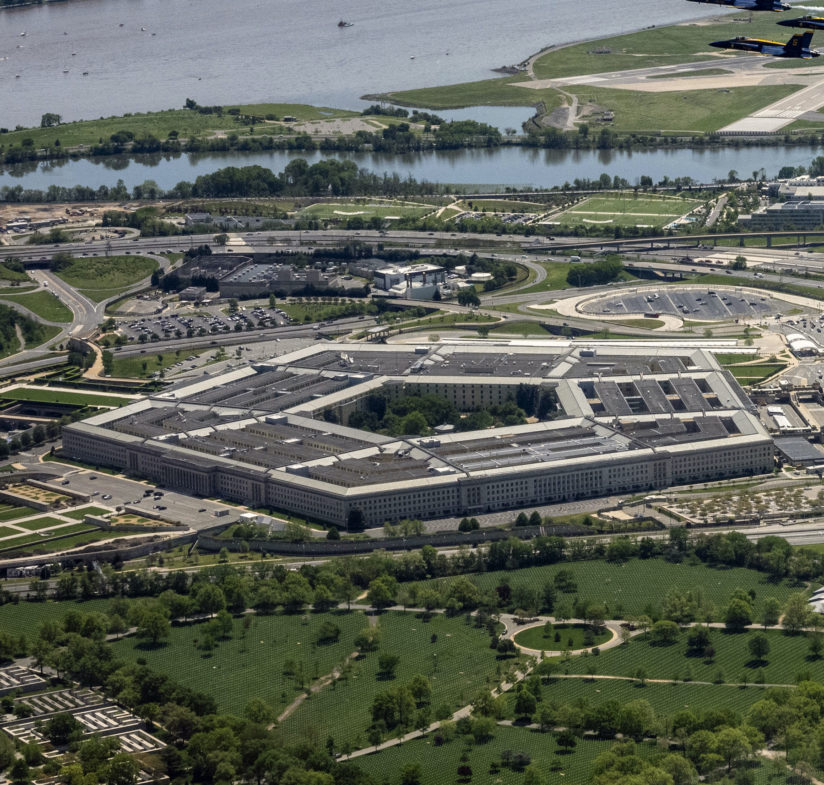Security Clearances: Clearing the Path to More Job Opportunities
Publish Date: 2018

 Download Issue Brief »
Download Issue Brief »
Though the Capital Region has a deep and diverse digital tech workforce, the region will not reach its full economic potential if its digital tech and security clearance jobs are left unfilled.
The U.S. federal government has a large economic footprint in the Capital Region—spanning Baltimore to Richmond—spending approximately $152 billion in FY2018 and providing over 430,000 federal jobs.1 Many of these jobs require access to national security classified information, which means that these employees need to have security clearances. Individuals working for federal contractors may need security clearances as they also handle classified information on behalf of the government.
With such a large government presence, Capital Region employers hire more workers with a security clearance than employers in any other region in the United States. Job postings in the region that ask for security clearances represent approximately 9 percent of all job postings, with 50 percent of those postings representing digital tech2 jobs. Security clearances are by far the most highly requested credential for individuals working in digital tech.
There has been a considerable slowdown in security clearance processing time—with current processing time averages ranging from 221 to more than a year (depending on the type of clearance). Given the Capital Region’s disproportionate share of jobs requiring a security clearance, the backlog in applications has an outsized impact on the region’s competitiveness. Given the unique staffing needs of the Capital Region, it is no surprise that there is great competition within and between the government and private sector for top talent with security clearances. Though the Capital Region has a deep and diverse digital tech workforce, the region will not reach its full economic potential if its digital tech and security clearance jobs are left unfilled